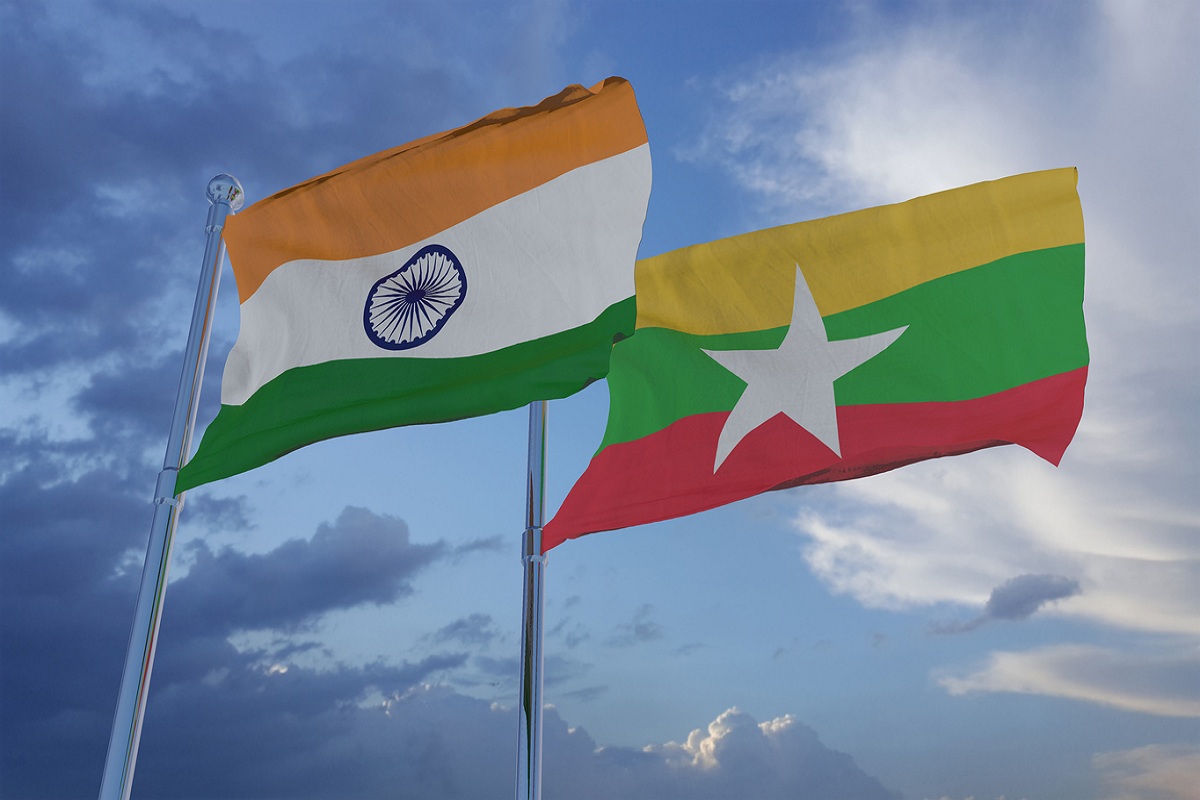Centre approves disaster mitigation and capacity building projects for States
A meeting of the committee which included the Finance Minister, Agriculture Minister and Vice Chairman of NITI Aayog as members was held in New Delhi on Thursday.
In a strategic move, India has decided to terminate the decades-old visa-free movement policy with Myanmar, citing national security concerns and the imperative to preserve the demographic structure of its north-eastern states sharing a border with Myanmar.

Photo: iStock
In a strategic move, India has decided to terminate the decades-old visa-free movement policy with Myanmar, citing national security concerns and the imperative to preserve the demographic structure of its north-eastern states sharing a border with Myanmar. This decision, announced by Union Home Minister Amit Shah, comes in the wake of escalating tensions and the need to fortify the 1,643-km border, a move that has stirred debates on the delicate balance between security measures and humanitarian considerations.
The Free Movement Regime, allowing visa-free travel within a 16- km zone on either side of the border, was a symbol of the historical ties between the two nations. However, the recent surge of civilians and troops fleeing Myanmar following the military coup in 2021 has strained this relationship. The fear in New Delhi is not merely about accommodating refugees but also the potential spill over of communal tensions, transforming the north-eastern states into a melting pot of ethnic conflicts. It cannot be overlooked that for almost a year, Manipur has been grappling with violence fuelled by ethnic strife. The decision to end the visa-free movement is a calculated move to curb the potential exacerbation of tensions in the region.
Some government officials have pointed fingers at the porous international border, especially given the cultural and familial connections shared with Myanmar’s Chin tribe. The escalating conflict within Myanmar, with a pro-democracy rebellion challenging the military junta, has further complicated the situation. India’s advice to its citizens in Myanmar’s border Rakhine state to leave immediately underscores the severity of the security conditions. The influx of more than 700 Myanmar troops seeking safe passage through India indicates the real and immediate impact of the crisis. While the decision to scrap the movement policy may be seen as a necessary step for internal security, it raises ethical questions about India’s responsibility in the face of a humanitarian crisis.
Advertisement
The suspension of a longstanding policy that facilitated movement for border residents should ideally be accompanied by measures to address the welfare and protection of those affected. How India navigates this fine line between safeguarding its security and upholding its humanitarian commitments will be closely scrutinized. Furthermore, the lack of an immediate response from Myanmar’s junta spokesperson adds an element of uncertainty to the situation. The geopolitical dynamics between the two countries, already complicated by the changing political landscape in Myanmar, will undoubtedly play a pivotal role in shaping the aftermath of this policy shift.
India’s decision to end visa-free movement with Myanmar reflects the complex challenges at its borders. Striking a balance between national security imperatives and humanitarian considerations is an intricate task. The evolving situation demands a nuanced approach that not only addresses immediate security concerns but also acknowledges the broader geopolitical and humanitarian dimensions of the crisis.
Advertisement